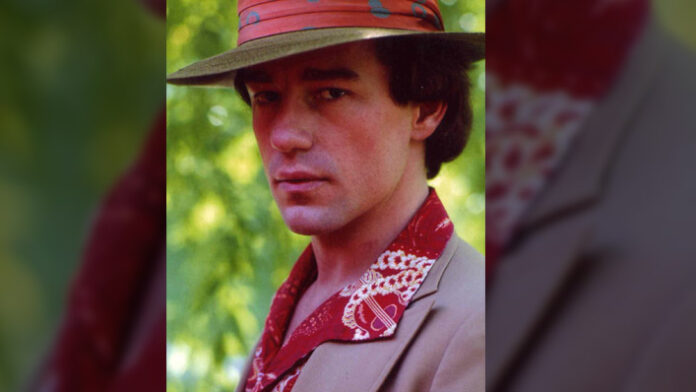Phil Hartman, fondly remembered for his stellar comedic talent on “Saturday Night Live” (SNL) and his voice roles on “The Simpsons,” met a tragic and untimely death in 1998, shocking fans and colleagues alike. Hartman’s life was marked by significant artistic success, but his personal life was fraught with challenges, culminating in a devastating end. This blog post explores Hartman’s life, his contributions to comedy, and the circumstances surrounding his tragic death.
Early Life and Career Beginnings
Philip Edward Hartmann (later Hartman) was born on September 24, 1948, in Brantford, Ontario, Canada. He was the fourth of eight children in a family that moved to the United States when he was 10. Hartman naturalized as a U.S. citizen and attended California State University, Northridge, initially studying graphic arts before turning his focus to comedy.
Hartman gained his initial entertainment experience with the famed improvisational group The Groundlings in Los Angeles, where he helped fellow performer Paul Reubens develop the character Pee-wee Herman and co-wrote the screenplay for “Pee-wee’s Big Adventure.”
Rise to Stardom on Saturday Night Live
Phil Hartman joined the cast of “Saturday Night Live” in 1986 and quickly became one of the show’s stars, remaining for eight seasons. His knack for impressions brought to life many memorable characters, including his spot-on impersonations of President Bill Clinton, Frank Sinatra, and Ed McMahon. Hartman’s versatility and comedic timing made him a cornerstone of the ensemble cast, earning him widespread acclaim and the nickname “The Glue” for his ability to hold sketches together.
Television and Voice Work
After SNL, Hartman enjoyed success on television, particularly with his role as Bill McNeal on the NBC sitcom “NewsRadio.” Additionally, he was beloved for voicing several characters on “The Simpsons,” including washed-up actor Troy McClure and incompetent attorney Lionel Hutz. His voice work brought additional layers to the show’s humor and earned him a place in the hearts of a new generation of fans.
Personal Life and Struggles
Hartman’s personal life, however, was less idyllic. He was married three times, with his third marriage to Brynn Omdahl in 1987 being particularly tumultuous. Friends and colleagues noted the couple’s rocky relationship, marred by arguments and Brynn’s struggles with substance abuse and jealousy of Hartman’s success.
The Tragic Night
The tension reached a tragic climax on the night of May 28, 1998. After an evening out, Brynn Hartman returned home and, in the early hours of May 29, shot Phil Hartman while he slept in their Encino, Los Angeles home. Brynn, who had been taking Zoloft, cocaine, and alcohol, later confided in a friend, who alerted the police. By the time authorities arrived, Brynn had locked herself in the bedroom and ultimately took her own life.
Impact and Legacy
The news of Phil Hartman’s death sent shockwaves through the entertainment community and his fans worldwide. Tributes poured in, celebrating his comedic genius and lamenting his sudden loss. “Saturday Night Live” honored him with a special memorial broadcast, and “The Simpsons” retired his characters with a dedicated title card in the episode “Bart the Mother.”
Reflections on the Incident
The tragedy highlighted issues such as mental health and the pressures of fame, sparking discussions about the support systems available to those in the entertainment industry. Phil Hartman’s death also led to changes in how “Saturday Night Live” supported current and former cast members dealing with personal struggles.
Phil Hartman’s legacy as a gifted comedian and actor endures through his memorable performances and iconic roles. His ability to bring laughter to the mundane and his effortless charm on screen are sorely missed. Hartman’s untimely death serves as a sobering reminder of the personal challenges that often accompany public lives and the importance of addressing mental health issues with sensitivity and support. His impact on comedy and the tragic end of his life continue to resonate, reminding us of the profound effects of talent and tragedy intertwined.

